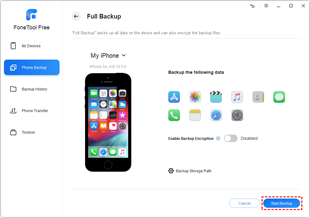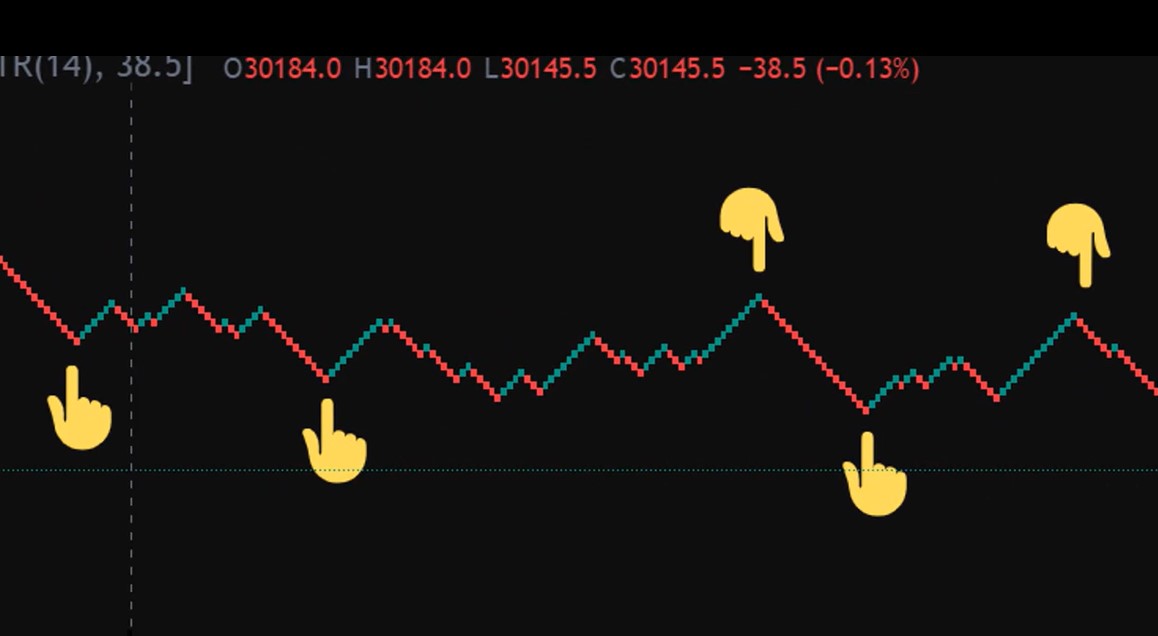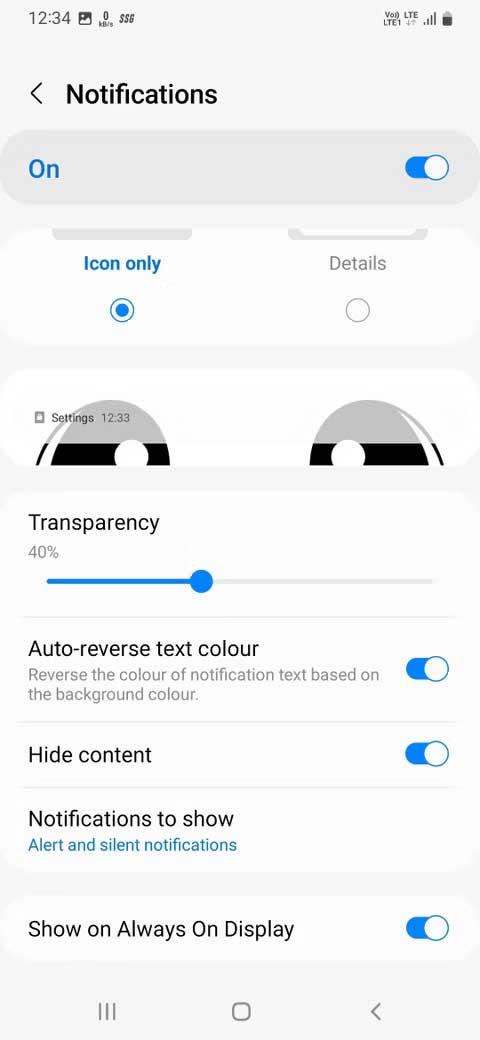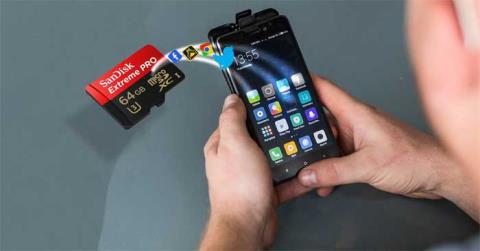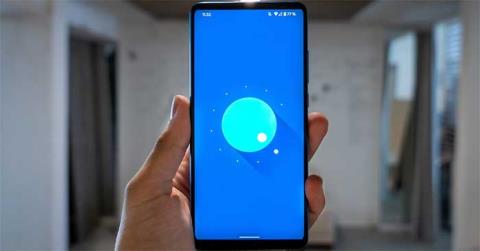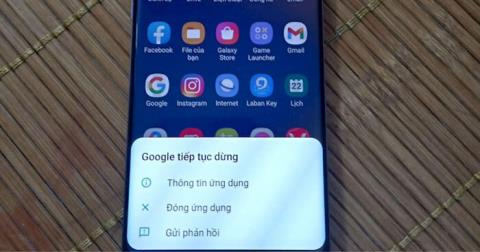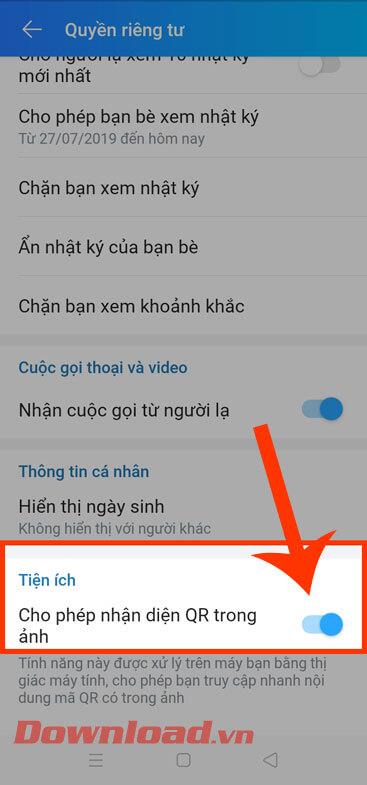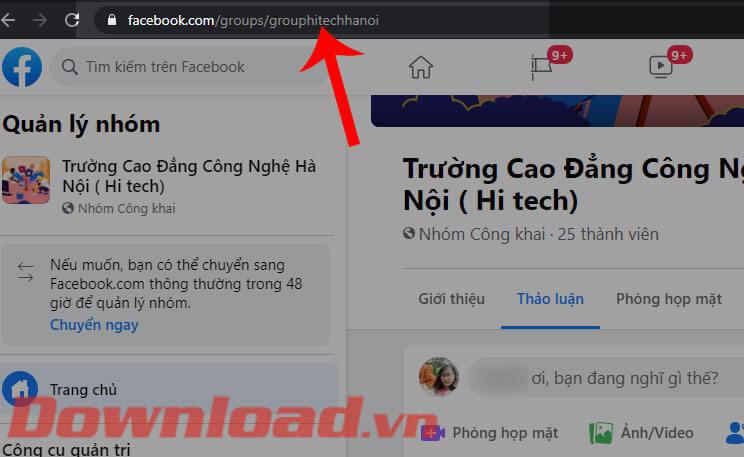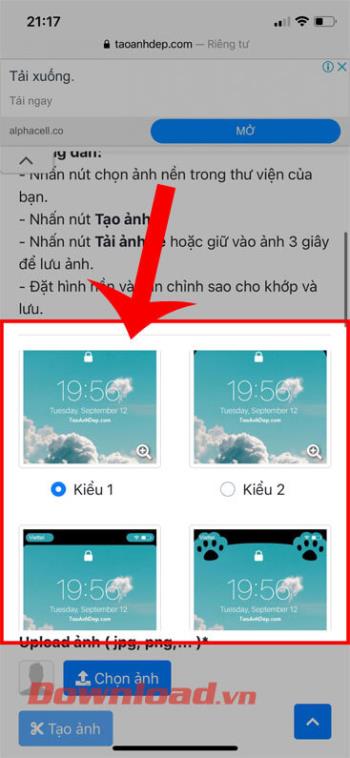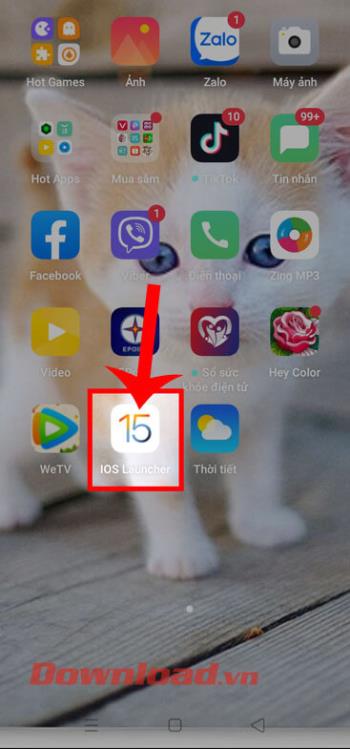Phone cloning is quite popular in the entertainment industry. Movie producers make it seem like one of the easiest things you can do to spy on someone’s activities. In reality, things are a bit different in that phone cloning is not exactly easy to do.

But, that doesn’t make phone cloning an impossibility or even unlikely in some cases, especially since older phones are more susceptible to cloning than new ones. Here’s what you need to know about how cloning works, what it can mean to you, and how to check if a device has been cloned.
What Is Phone Cloning?
In the simplest of terms, phone cloning involves copying the identity of one mobile device to use it on another. Although there are three main methods of cloning, AMPS, CDMA, and GSM cloning, only the latter is more popular.

GSM cloning relies on identifying and copying the IMEI, or International Mobile Station Equipment Identity number. This is a unique identifier that can be obtained via hacking. Also, in GSM cloning schemes, you’ll find hardware SIM card cloning. In most cases, this would require physical access to the SIM card to extract its K code.
While phone cloning is illegal in most countries, phone cloning can still be a thriving industry. But, due to how complex some of the detection methods are, such as radio fingerprinting, very few users are in danger of having their phones cloned. Most modern smartphones are more susceptible to direct hacking than cloning.
How to Know if Your Phone Has Been Cloned
While cloning isn’t exactly easy, it doesn’t go undetected either. There are a few indicators you’ll notice if your phone is cloned. In the following sections, we’ll cover some ways to know if your phone is cloned.
Of course, it should be mentioned that just because your phone is doing some of these, it doesn’t necessarily mean that your phone is cloned.
You’re Not Receiving Calls & Texts
When someone clones your phone, they essentially hack your communications. This means you won’t receive as many calls and texts as you usually do.
The best way to test this method is to have friends and family members call your phone number.
Another indicator is too many incoming calls and texts from unknown numbers and unknown senders. This may indicate that you’re not the sole owner of your phone and number.
Your Phone is Showing Two Locations at Once
If your phone has been cloned through a very basic IMEI cloning method, you might be able to spot a duplicate using phone locating software like Find My iPhone (Apple) or Find My Phone (Android).
One of the easiest ways to see if your phone has been cloned is to check your location apps. Life360, Find My iPhone, the Android Device Manager, and Find My Mobile (Samsung) all show the location of your device. If someone is cloning the IMEI or EID number, your phone will show more than one location.
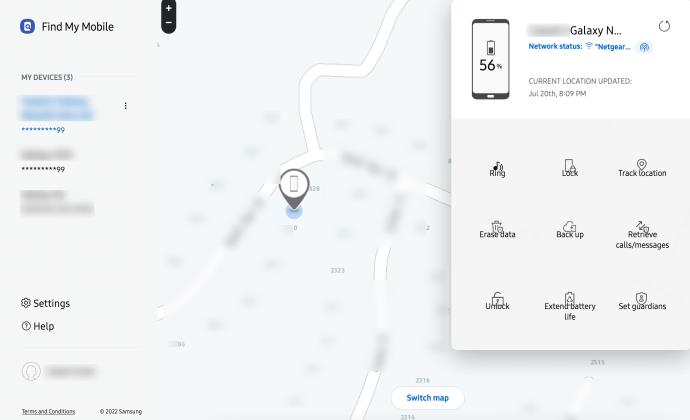
You will need to log into your account and use the marker on the map to find your phone. Then, you can use the +/- sign to zoom in and out, looking for another one.
If you see more than one device pinged and you know you only have one phone, then the secondary device may be the cloned version of your phone.
Charges On Your Phone Bill
You might have noticed charges on your phone bill you don’t recognize. More often than not, these charges are International roaming or dialing fees. But, other charges like subscription fees can appear too.
If your phone bill is higher than normal and you see charges that you didn’t initiate, there’s a good chance someone cloned your phone.
If you contact your carrier, you could request a preliminary bill and start verifying the expenses. However, keep in mind that not all criminals clone phones to rake up bill charges. Some clone devices and wait for sensitive information to be sent or received via text, information that they can exploit for monetary gain.
Unrelated Accounts Keep Getting Hacked
If your Gmail, bank account, or another account keeps getting hacked, it’s wise to ensure that your phone isn’t cloned. Perhaps you’ve updated your passwords and enabled 2FA on all your accounts, but the intruder keeps bypassing your security protocols.
Hacked accounts can indicate a cloned cell phone because the intruder may have access to your security codes.
You’ve Received Messages Stating SIM Updated
When your SIM is first activated you’ll see a SIM Updated message. This is true with some form of cloning. If you see this message and haven’t made any recent changes to your phone or account it’s likely your phone is cloned.
You’ve Responded to a Text Asking You to Restart Your Phone
In most phone activations you need to power-cycle (restart your phone). If you received a text asking you to restart your phone it may have come from a hacker who needs you to perform the steps to activate a cloned SIM card.
Essentially, in this scenario you have helped the attacker activate your phone. If this happened to you, contact your carrier or visit the nearest store and replace your SIM card.
Other Details About Cloning
It may be easier to tell if you’re using a cloned phone than to tell if your phone has been cloned. Why would someone sell you a cloned phone? Well, there could be dozens of reasons, but the main one will always be profit.
You may also want to check the IMEI and serial numbers online on the manufacturer’s website. If they match, then you should be the sole proprietor of that phone. If there are discrepancies, then chances are you’re using a cloned, or at least a fake phone.
Another thing you could do is to check the build quality. Check it against an unboxed phone of the same model. Look for anything out of the ordinary regarding weight, accessories, existing software, OS version, and performance.
If your phone is not working as well as it should or is lighter than it should be, you could be dealing with a cloned phone. Buying phones from unverified vendors like Craigslist are just two of the ways you could end up with a cloned phone in your hands.

Frequently Asked Questions
Here are the answers to more of your questions about cloning a phone.
How do people clone a phone?
There are a lot of ways people can gain access to your phone. One of the easiest cloning methods you can prevent is leaving your phone (and its SIM card) unattended. SIM cards can be duplicated and used in another device.
If you’re visiting a crowded place it’s a good idea to turn off the Bluetooth, WiFi, and NFC. While highly illegal, some attackers use scanners to hijack your IMEI. Turning these functions off while in public helps to prevent access.
Lastly, you can use a third-party application to secure your phone and alert you to attacks.
What should I do to prevent cloning?
There are steps you can take to protect your phone from getting cloned. As with most invasions, it’s best not to respond to any calls or texts from numbers you don’t recognize. Even if the number looks like a legitimate company, you should call the company’s direct line before taking action.
You should never give out any personally identifiable information about your phone. Whether it’s the IMEI, SIM card number, EID, or something else, it’s best to protect this information like you would a password.
Lastly, if you have the option to use the eSIM on your phone rather than a standard SIM card, use it. It’s much more difficult for someone to clone a phone using the eSIM.
Cloning – Less of an Issue but Still a Troubling One
There’s not a lot of phone cloning going around these days since both carriers and hardware manufacturers have developed more advanced methods of combating this nefarious act. With that in mind, once your phone has been successfully cloned, you could be potentially subject to blackmail, identity theft, etc.
You might also have to face the fact that it could be impossible to determine whether or not your phone has been cloned. There are plenty of sophisticated cloning devices that may very well leave no traces behind. Let us know how you feel about phone cloning, how often do you think it happens, and what your thoughts are on prevention methods.
